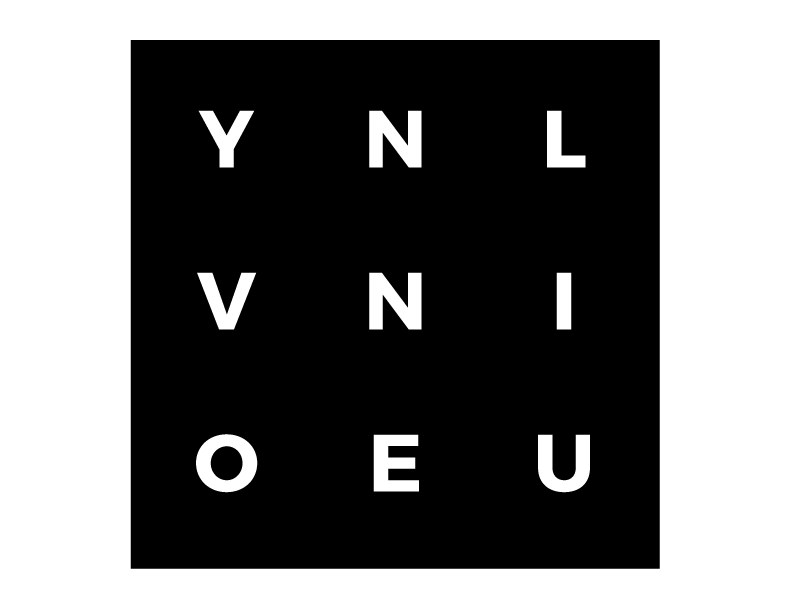Research Committee 21 Conference of the International Sociological Association
“The politics and spaces of encounters: advancing dialogues between and within the Global North and the Global South”
July 24th to 26th, 2014
Santiago, Chile
New municipalism emerged as an effort to give a global collective identity to local initiatives generally born out of traditional institutions to promote a radical urban political imagination in the face of political distrust, rising social inequalities, and cuts to public spending (Russell, 2019; Thompson, 2021). The electoral challenge to gain executive and legislative power in city halls was, in many cases, a sequence to the struggle of collective mobilisation that occupied streets and squares around the world, particularly in cities in Europe and Latin America.
Nevertheless, the context of new municipalism politics in the North can differ from the South (Arpini et al, 2023) beyond shared principles such as citizen-based deliberation, inclusive spaces for marginalised subjectivities, or the feminization of politics. While in European cities it was contextualised against postpolitics and the deepening of neoliberal policies following the 2008 financial crisis, in Latin America it has been linked with long-term structural deprivations, territorial disputes and struggles for radical democracy that has delivered important progressive policies, such as Porto Alegre’s Participatory Budgeting (Minuchin & Maino, 2023; Toro & Orozco, 2023).
In a context of ongoing and evolving neoliberal extractive practices, it has been argued that the new municipalism movement have either entered a period of crisis (Roth et al, 2023), particularly after Spanish experiences, or expanded the possibilities for progressive politics, as seen in Latin American cases that are enduring the test of time, such as the Recoleta municipality in Santiago and Valparaíso in Chile, as well as Rosario in Argentina (Caimanque & López-Morales, 2023; Silvestre & López-Fittipaldi, 2023).
Conveners: Gabriel Silvestre and Rodrigo Caimanque
July 26th, 09:00 – 11:00:
- Mara Ferreri and Lorenzo Vidal on “Public cooperative housing policy in municipalist Barcelona”
- Yvonne Yen Liu, Solidarity Research Center on “The Municipalist Moment in Los Angeles”
- Mirtha Lorena del Castillo Durand on “Fragmented urban governance, new municipalism, and gentrification in Latin America”
- Daniel Motta and Sidney Bernardini on “A world of many worlds, a city of many cities”
- Firat Genc on “Scalar politics in contested cities”
Discussant: George Ygarza, Solidarity Research Center










